-
-
- Financial Aid
- Financial Aid
- Scholarships
- Loans
- Grants
- Federal Work Study
- Additional Resources
-
Designing and Building Your Future
Grow as a professional and individual through Taylor’s & Engineering Department. Wherever God is calling you after graduation—the engineering industry, research and development, particle physics, academia, or the mission field—our outstanding faculty will mentor you and help you prepare for your career.
You will experience rigorous curriculum, project-based learning, and work with cutting-edge technology to prepare for a future as an engineer or physicist.
Taylor’s Engineering and Computer Engineering programs are accredited by the Engineering Accreditation Commission of ABET under the commission’s General Criteria and Program Criteria for Engineering and Computer Engineering, respectively.
God, the ultimate Designer, created us in His image with great love and care and we get the great privilege to image God to the world through our character, gifts, and roles.
As engineers, we reflect the Great Designer as we build systems, solve problems, and conduct research that honors God and serves our community. As physicists, we marvel at the incredible detail our Creator wove into creation, and who gave us the mathematical tools to understand it.
Christ-centered learning fuels our classroom discussions, our approach to teamwork, and our goals that undergird the major projects you’ll work on. We seek to integrate biblical and industry knowledge to engage in conversations regarding the ethics of technology, approach teamwork gracefully, and pursue projects that glorify God and serve humanity.
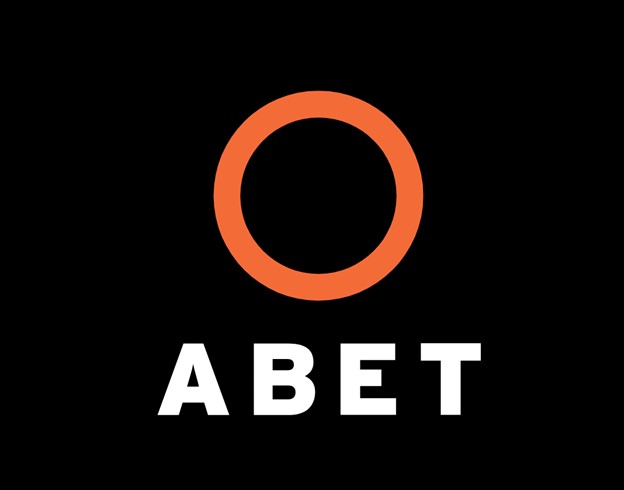
A Taylor BS in Engineering and BS in Computer Engineering hold value in the job market, because our program meets professional standards of education that prepares graduates to enter key STEM fields.

Check out the project-based, career-focused work that you’ll be doing in our dedicated engineering lab.
You’ll have access to a wide array of Euler Science Complex’s state-of-the-art equipment and analysis and design software. In addition to using the tools for in-class projects, students can use the machine shop, wood shop, and electronics lab to complete research and projects on virtual reality, 3D printing for habitable structures on Mars, solar cars, satellites, nano-satellites, and muscle biopsy.
Check out some of the Physics and Engineering equipment and software packages that our majors learn to use:
Put your analytical and experimental skills to work through research projects and internships.
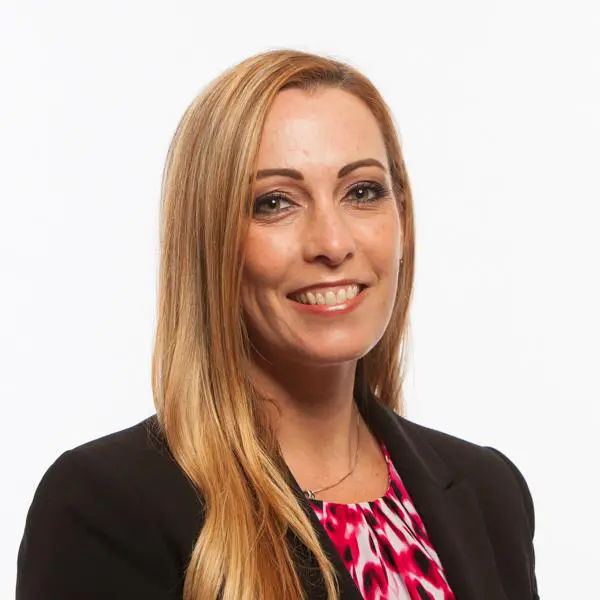
Department Chair and Assistant Professor of Engineering
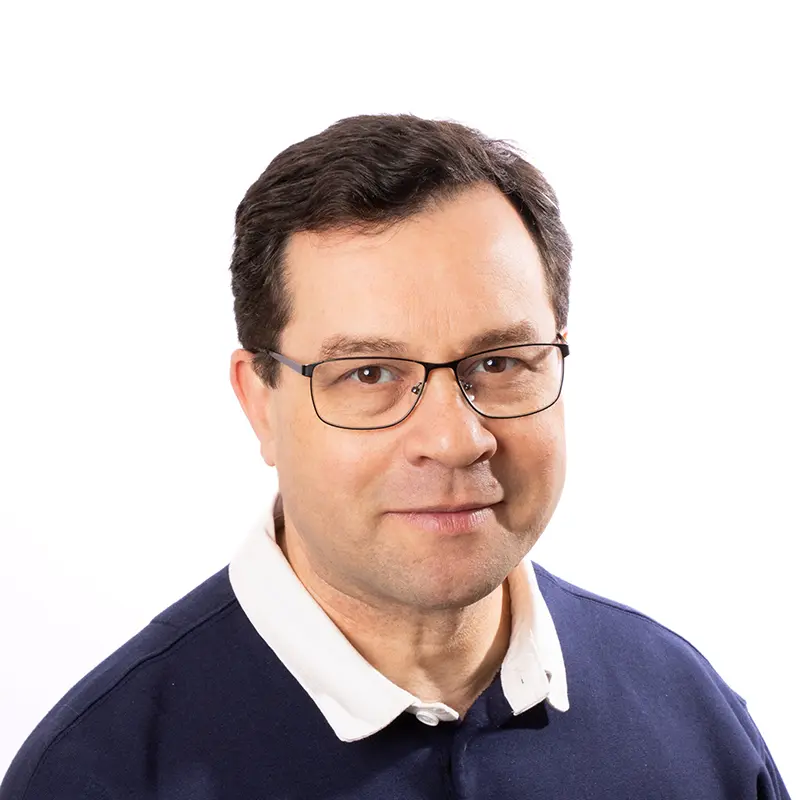
Associate Professor of Engineering
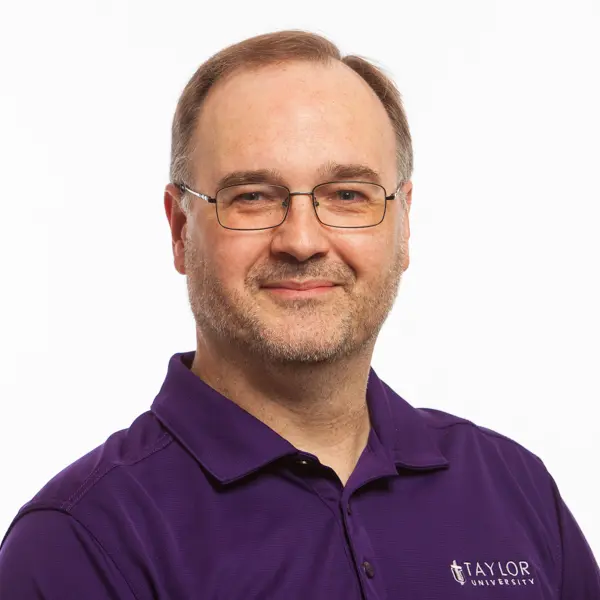
Physics & Engineering Lab/Resource Manager
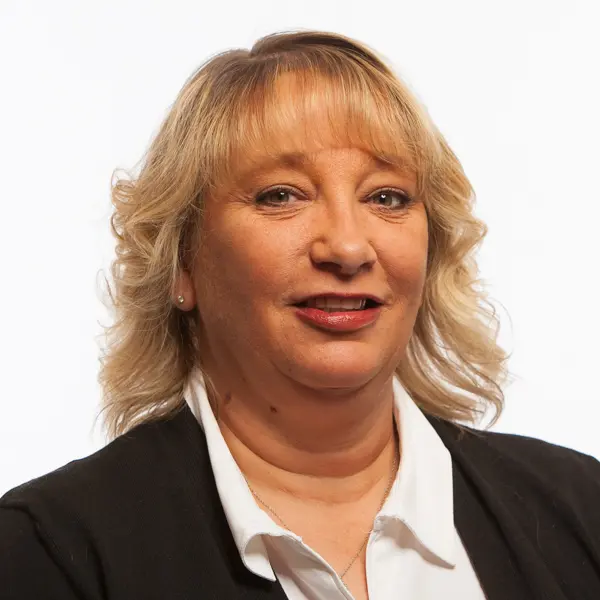
Computer Science & Engineering Program Assistant
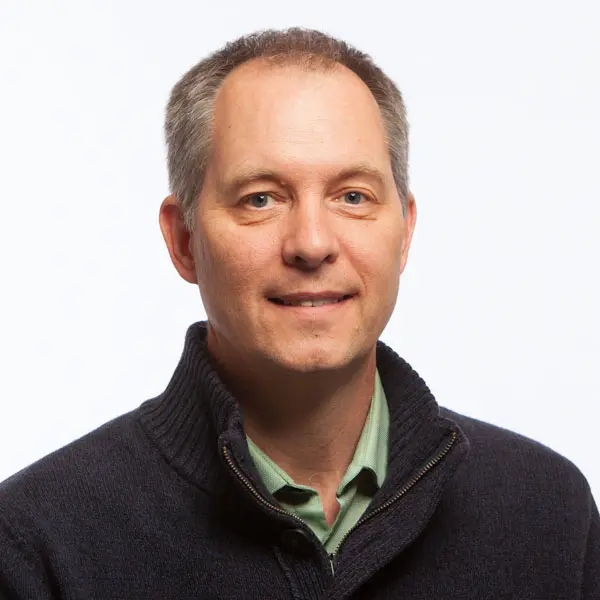
Professor of Physics
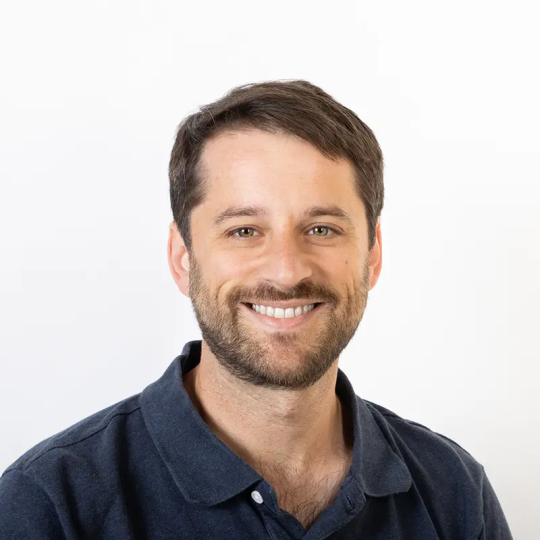
Associate Professor of Physics
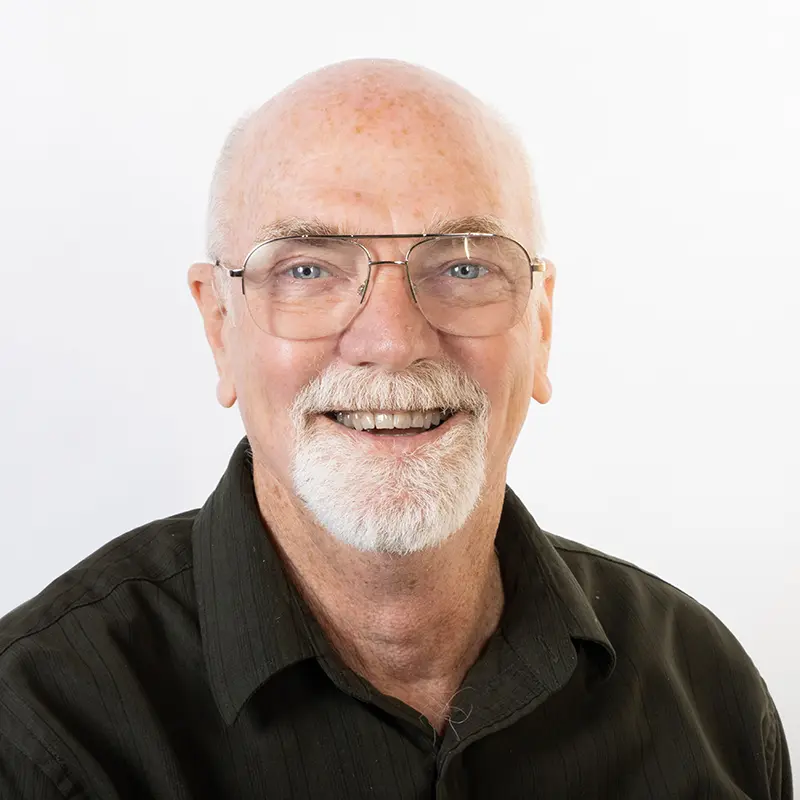
Assistant Professor Physics and Engineering
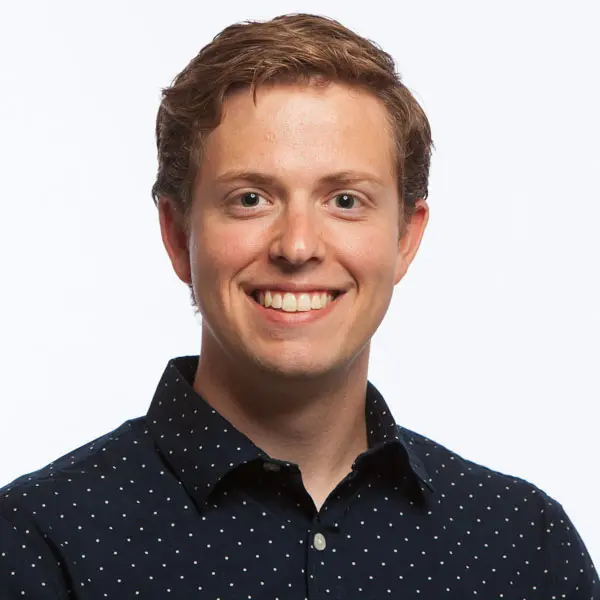
Assistant Professor of Engineering
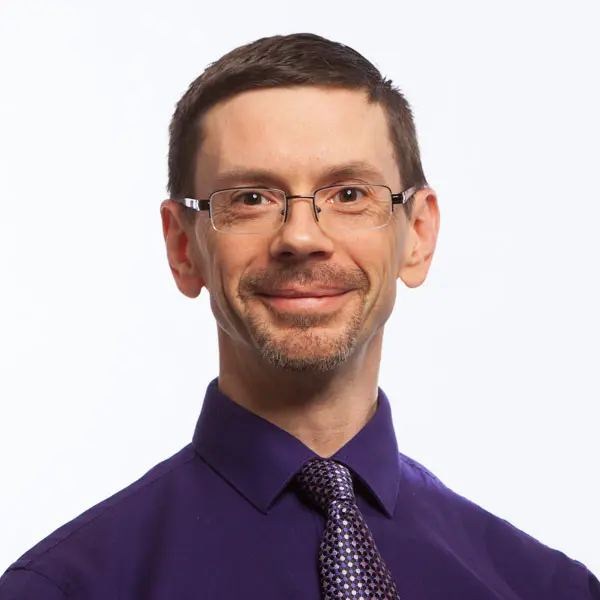
Associate Professor of Physics & Engineering
Taylor University Mechanical Engineering Program Receives ABET Accreditation
Taylor University’s Bachelor of Science in Mechanical Engineering has recently been accredited by the Engineering Accreditation Commission (EAC) of ABET.
Building the Future: Low-Cost Space Robotics for Large-Scale Assembly
Creating a robot to build structures in outer space may sound like science fiction, but that is exactly what Taylor University Engineering students are doing.
TUGather 2025: Dedication, Generosity, and Mission
Taylor welcomed over 600 strategic partners and alumni for TUGather. This celebration included ribbon cuttings and dedication for several major initiatives.
Outer Space Reach, Small Town Benefit
NearSpace Launch makes satellites for NASA, the Department of Defense, multiple universities, and a host of Fortune 100 companies.
Engineering Students Partner with Kenyan Village to Renovate Schools
Engineering students went to a village in Kenya to promote the study of engineering, help repair and rebuild a primary school, and empower the local community to be pioneers for positive change.
Taylor University to Host Eclipse Viewing Event
To take part in this once-in-a-lifetime event, Taylor alumni, family, and friends as well as groups of 6th-12th grade students and homeschool families will be hosted on campus.
Taylor Student Magnifies Joy
Brayden Gogis '26, a Mechanical Engineering and Biochemistry double-major in his second year at Taylor, has set out to help others better evaluate areas of joy in their lives.
Summer Research Projects Grow Depth of Knowledge
Most classes may have been out for the summer, but faculty-mentored research projects in music, biology, biochemistry, engineering, and more were in full swing across campus.
Taylor University Mechanical Engineering Program Receives ABET Accreditation
Taylor University’s Bachelor of Science in Mechanical Engineering has recently been accredited by the Engineering Accreditation Commission (EAC) of ABET.
Building the Future: Low-Cost Space Robotics for Large-Scale Assembly
Creating a robot to build structures in outer space may sound like science fiction, but that is exactly what Taylor University Engineering students are doing.
TUGather 2025: Dedication, Generosity, and Mission
Taylor welcomed over 600 strategic partners and alumni for TUGather. This celebration included ribbon cuttings and dedication for several major initiatives.
Outer Space Reach, Small Town Benefit
NearSpace Launch makes satellites for NASA, the Department of Defense, multiple universities, and a host of Fortune 100 companies.
Engineering Students Partner with Kenyan Village to Renovate Schools
Engineering students went to a village in Kenya to promote the study of engineering, help repair and rebuild a primary school, and empower the local community to be pioneers for positive change.
Taylor University to Host Eclipse Viewing Event
To take part in this once-in-a-lifetime event, Taylor alumni, family, and friends as well as groups of 6th-12th grade students and homeschool families will be hosted on campus.
Taylor Student Magnifies Joy
Brayden Gogis '26, a Mechanical Engineering and Biochemistry double-major in his second year at Taylor, has set out to help others better evaluate areas of joy in their lives.
Summer Research Projects Grow Depth of Knowledge
Most classes may have been out for the summer, but faculty-mentored research projects in music, biology, biochemistry, engineering, and more were in full swing across campus.